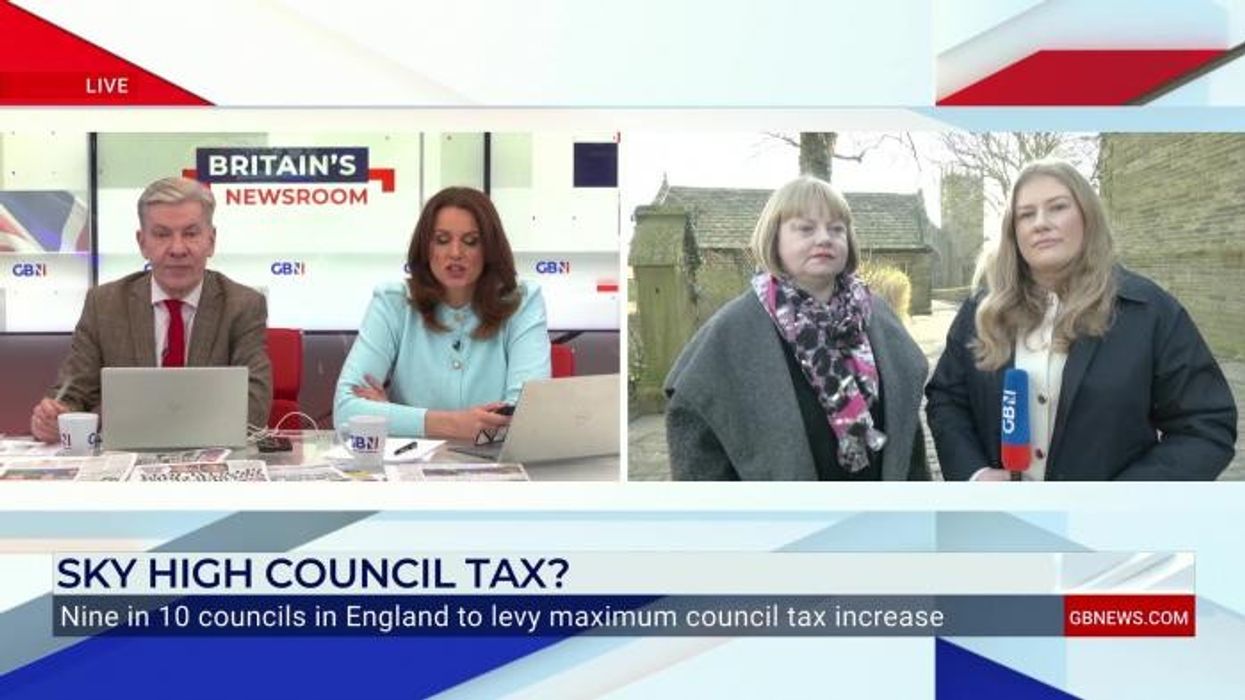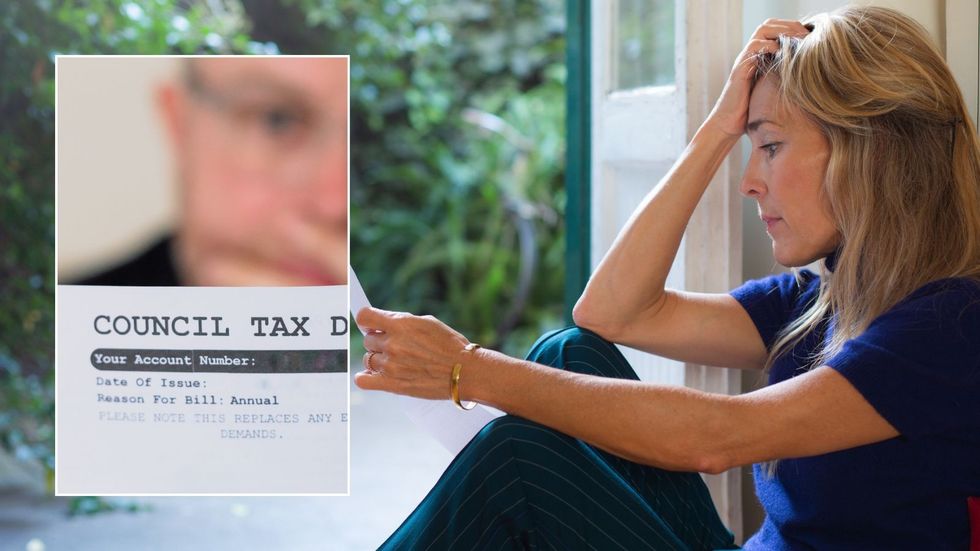Local services at risk as Rachel Reeves's National Insurance hike leaves councils facing £1.1bn black hole, MPs warn

'We just can't afford it!' Bradford resident hits out as Council Tax to rise to maximum |
GBNEWS

Britons are warned that councils could look to council tax to try and protect services
Don't Miss
Most Read
Rachel Reeves's National Insurance tax increase has created a severe financial crisis for local authorities across England, new reports show.
MPs are warning that councils face a £1.1 billion funding shortfall that could push them towards bankruptcy.
The Chancellor's decision to raise employer contributions to 15 per cent has left councils struggling to cover costs, according to a Public Accounts Committee report released on Wednesday.
The report revealed that ministers failed to properly assess the full financial impact of the policy change.
MPs on the committee said the Government had not carried out an assessment of the true costs and demanded a review of both short- and long-term impacts on service provision.
The National Insurance contribution rate for employers rose from 13.8 per cent to 15 per cent in April, whilst the salary threshold dropped from £9,100 to £5,000.
 The IFS is projecting council tax bills are set to rise | GETTY
The IFS is projecting council tax bills are set to rise | GETTY The Public Accounts Committee found that whilst ministers allocated £4.7 billion to support the public sector, including £502 million for councils' direct employment costs, this fell far short of actual requirements.
The Local Government Association calculated the true cost to be £637 million for direct employment alone.
The committee's report stated: "Some local authorities may be able to provide financial support to service providers for these increases in costs, but it is unacceptable that the Ministry of Housing, Communities and Local Government and HM Treasury have not assessed how much impact this could have on local authorities."
A County Councils Network spokesman revealed that Government compensation covered less than half of the increased National Insurance costs, with their survey finding coverage of just 40 per cent for county and unitary councils.
The financial pressure extends beyond councils to their service providers, with the report warning that private contractors may hand back social care contracts they can no longer afford to deliver. This could severely impact vulnerable residents who depend on these essential services.
Mencap, which supports more than 4,000 people with learning difficulties, told the committee it faces a potential £18 million annual increase in costs due to the combined impact of National Insurance and national living wage rises.
The charity warned it could be forced to hand back social care contracts as a result.

The report highlighted that local Government finance was in a "perilous state"
| GETTYThe report highlighted that local Government finance was in a "perilous state", with budget deficits putting many councils at risk of effectively going bankrupt.
The Local Government Association has warned that more than half of councils are on course for insolvency next year, adding to the mounting financial pressures facing local authorities. The crisis extends beyond immediate funding gaps to include unsustainable special educational needs provision.
The PAC report revealed: "Spending on special educational needs and disabilities (Send) has outstripped the money available from the Department for Education to pay for it. Local authority deficits from these overspends are expected to be between £2.9bn and £3.9bn a year by the end of 2027-28."
The committee warned that the mechanism allowing councils to keep these deficits off their books expires in March 2026. Without this provision, many local authorities face the prospect of effective bankruptcy.

Councillor Louise Gittins warned many will continue to have to increase council tax bills to try and protect services
| GETTYJim McMahon, of the Ministry of Housing, disputed the PAC's findings, saying the claims were not supported by the evidence.
He said: "The spending review provided over £5bn of new grant funding for local services, and that's on top of the £69bn we have already injected this year to boost council finances."
He added: "The results speak for themselves. Over 95 per cent of audited accounts were submitted for the deadline we set, no S114 were issued by councils as a result of financial distress, and claims against Exceptional Financial Support were £1bn less than the previous year."
However, Councillor Louise Gittins, chairman of the LGA, said the spending review had left councils under continued financial pressure.
She said: "Many will continue to have to increase council tax bills to try and protect services, but still need to make further cutbacks."
More From GB News










